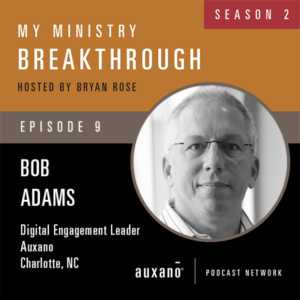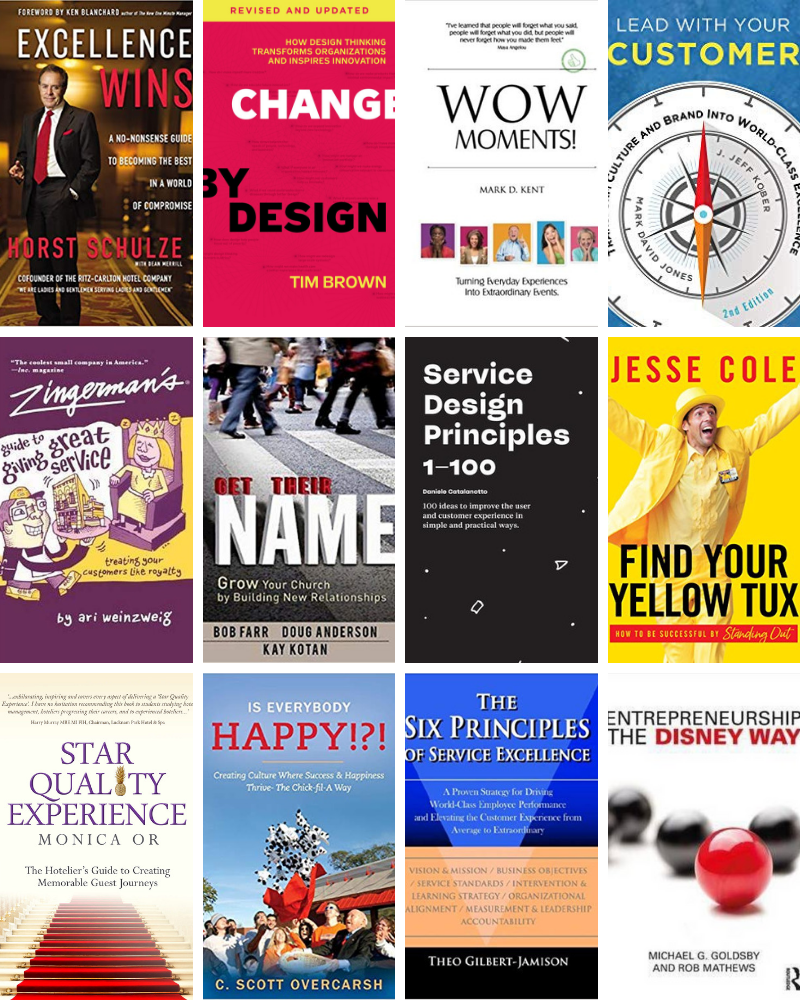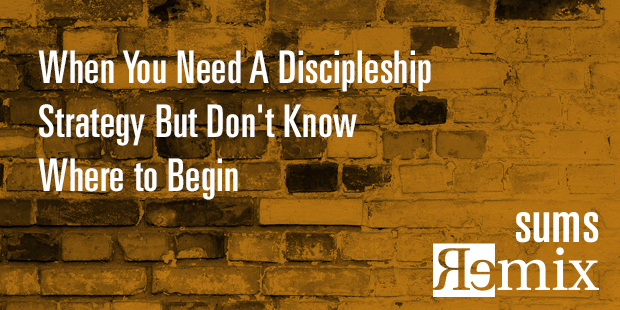
The Deliberate Practice of Reading, Explained
One of my greatest passions is reading.
I developed this passion at an early age, and have continued to strengthen it over the years. In addition to being my passion, reading is also an important part of my role as Vision Room Curator at Auxano. In that role, I am responsible for publishing SUMS Remix every two weeks. SUMS Remix is a modified book excerpt in which I develop a solution to a common problem faced by church leaders from 3 different books. So, preparing SUMS Remix in 2019 alone means I have gone through over 100 leadership and organization development books to arrive at the 76 used in producing 26 issues this year.
Other parts of my role requires reading current trends books, used for social media posting and content writing.
Then there’s my passion area of Guest Experience, in which I am constantly researching customer service books for application for churches. I’m building The Essential Guest Experience Library.
And, as many readers know, I am a Disney Fanatic – which extends to building a Disney library, currently over 405 volumes and growing!
Finally, there’s just the pure pleasure of reading – an almost nightly hour or two in the late evening reading a wide range of books, both brand new and classics, fiction and nonfiction.
Add those 5 categories all together, and by the end of 2019 I will have added 268 books to my library, and brought home another 110 books from the library.
First, a disclaimer: I did not read all 378 cover to cover. With such an immense (and pleasurable) task in front of me, and knowing there is more to my job than reading, I have to resort to some method of finding out what an author is trying to say without reading the whole book. There’s dozens of that total in which I only read the “highlights,” following the methods below.
To get the most out of a book in the least amount of time, try this strategy:
- Read the title.
- Read the introduction
- Read the Table of Contents
- Flip through the material, scanning the chapter titles and subheadings. Note the words that stand out as bold, different colors, underlined, or italicized.
- Examine the illustrations, captions, charts and diagrams. Read the pull-quotes and sidebars.
- Scan through the index looking for buzz words that interest you.
- Read the first chapter.
- Flip through the book and read the first sentence of each paragraph in each chapter. In a well written and edited book, the most important sentence containing the topic is usually the first sentence of the paragraph — but not always.
- Read the last chapter. If there is an executive summary, read it.
- Read any other information on the cover or dust jacket.
If the book captures your attention after doing the above tasks, then by all means dive right in!
The converse is true: if a book doesn’t capture your attention after a few attempts, stop reading it. Pick out another one on the topic – there are always more waiting for you!
With that caveat in mind, my “cover-to-cover” reading for 2019 was 213 books.
For the curious, like picking your favorite child (I have four), I don’t typically make a “Best of” list for the year. I find some value in almost every book I read, and for me, that’s good enough.
I talked about that in a recent podcast with Bryan Rose. You can listen here.
While the knowledge gained from reading is important, the real benefit is from the habit of reading. When you are continually reading, you condition your mind to keep taking in new knowledge. Your thinking remains fresh and sharp. Your brain is always churning on new ideas, looking for new connections it can make. Every day you pour in more ideas, which your brain must find a way to integrate into your existing knowledge base. Frequent reading fires up your neural activity, even during the periods when you aren’t reading.
Reading is a gift that you can unselfishly give yourself, one that truly keeps on giving. Why don’t you bless yourself and those around you by reading a new book in the first weeks of 2020, and sharing its wisdom with others?
Me? Well, I’m visiting one of my favorite bookstores later this week, I’ve got three books lined up for delivery by the end of this week, and I’m headed to the library today to pick up another couple on reserve.
After all, you can’t read all day…
…if you don’t start in the morning!

Tags: Benefits of reading, Bob Adams, Books, How to read better, Leaders are readers, Read more in 2020, Reading, Reading for Church Leaders






















